#Percy Waram
Photo
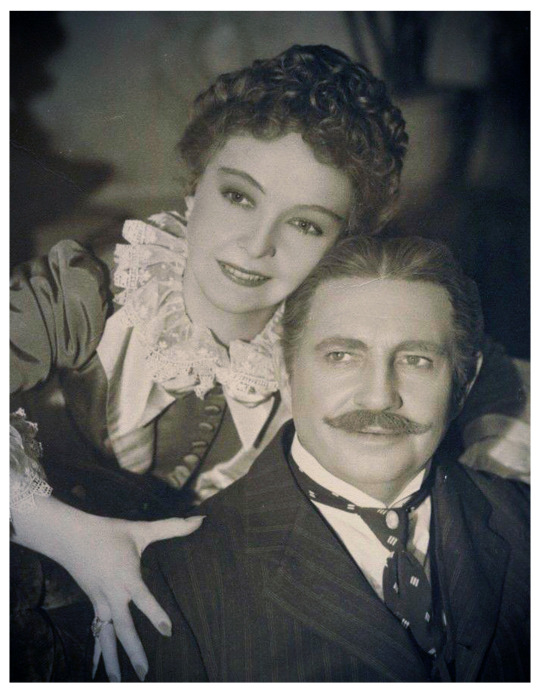
Lillian Gish and Percy Waram ''Life With Father'' promotional photo
4 notes
·
View notes
Photo


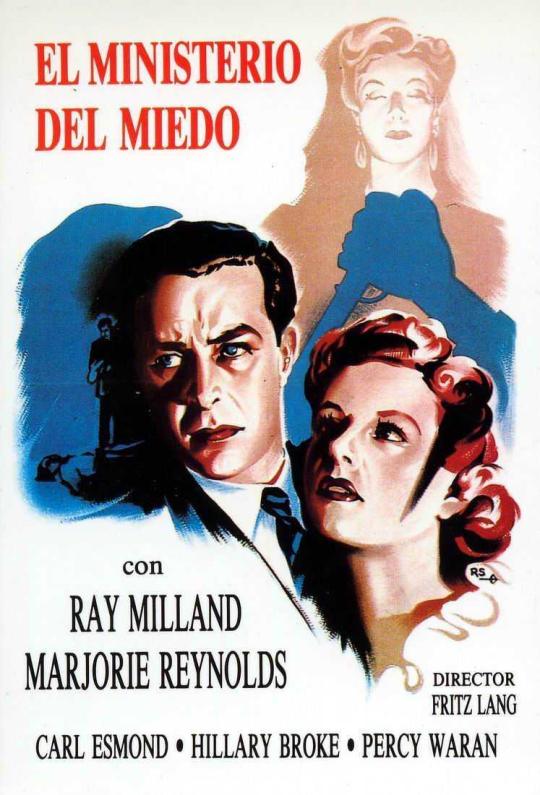
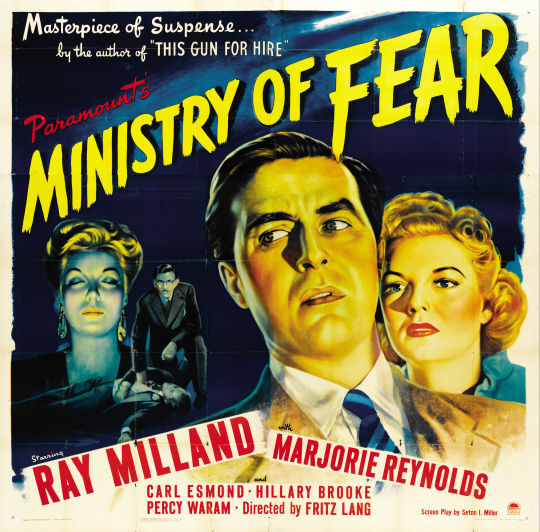

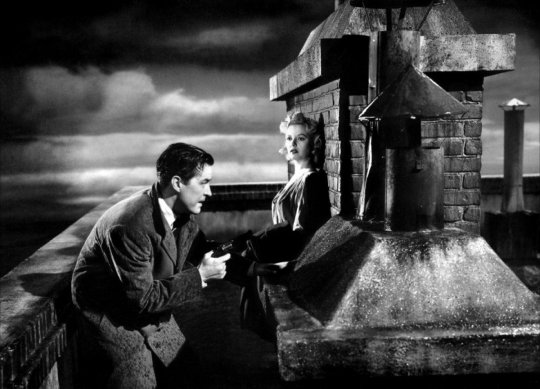
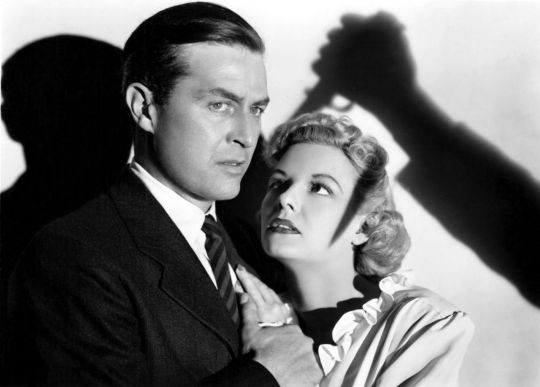
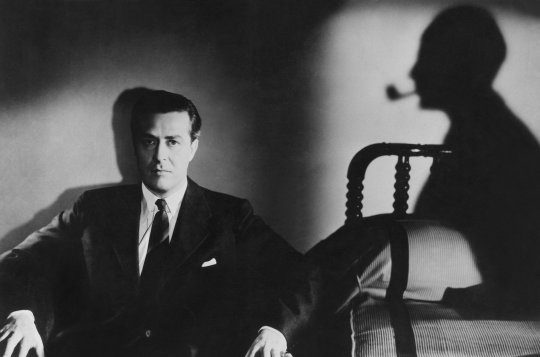

Ministry of Fear (1944) Fritz Lang
July 11th 2022
#ministry of fear#1944#fritz lang#ray milland#marjorie reynolds#carl esmond#percy waram#hillary brooke#dan duryea
3 notes
·
View notes
Text
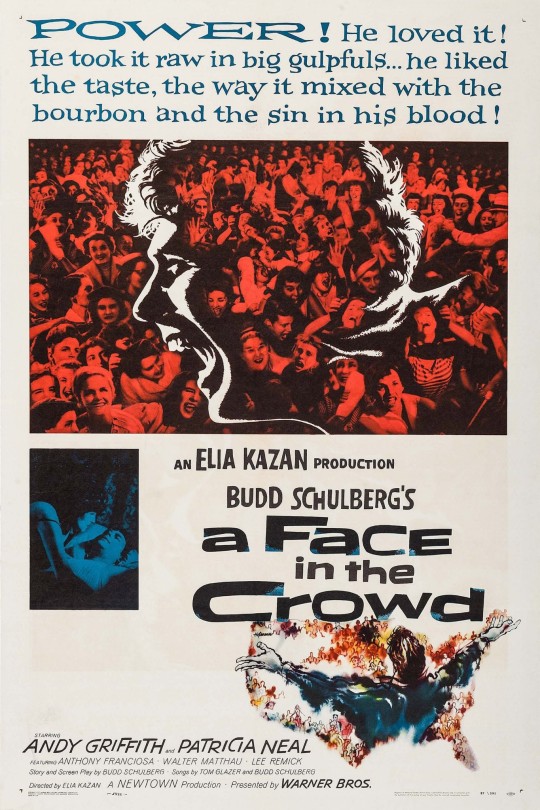
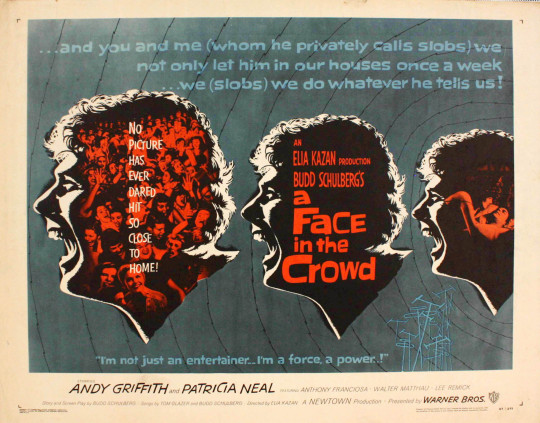
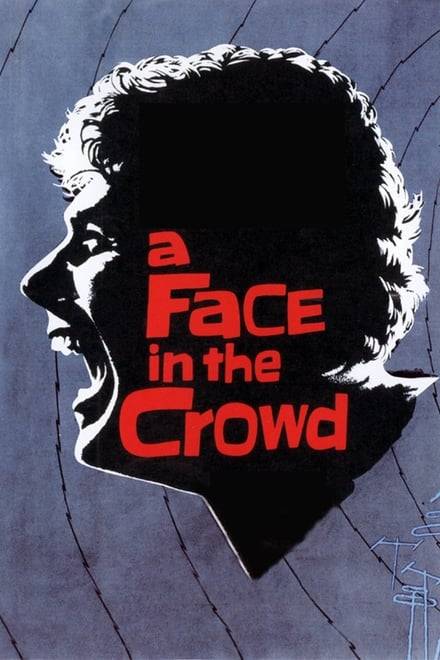

W A T C H I N G
Cult of Personality is a curse and skirting madness. But it works power always works.
I've watch this times and again. It never fails to find a new way to surprise me.
youtube
#A FACE IN THE CROWD (1957)#ANDY GRIFFITH#PATRICIA NEAL#WALTER MATTHAU#Anthony Franciosa#Lee Remick#Percy Waram#Paul McGrath#Rod Brasfield#Marshall Neilan#Alexander Kirkland#Howard Smith#Kay Medford#Lois Nettleton#Rip Torn#watching#Youtube#ELIA KAZAN
0 notes
Photo
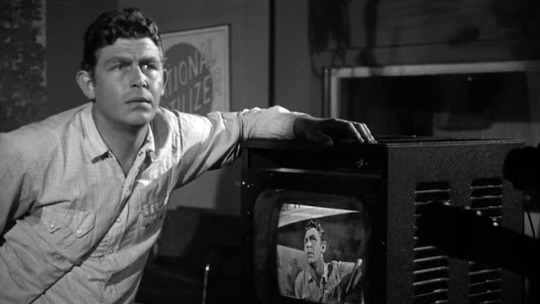
Andy Griffith in A Face in the Crowd (Elia Kazan, 1957)
Cast: Andy Griffith, Patricia Neal, Anthony Franciosa, Walter Matthau, Lee Remick, Percy Waram, Paul McGrath, Marshall Neilan. Screenplay: Budd Schulberg. Cinematography: Gayne Rescher, Harry Stradling Sr. Art direction: Paul Sylbert, Richad Sylbert. Film editing: Gene Milford. Music: Tom Glazer.
A Face in the Crowd's Larry "Lonesome" Rhodes is a product of the media's amoral pursuit of the colorful character, a man lifted to uncommon power by those entertained by the flamboyance and vulgarity. Rhodes isn't so much the villain of Budd Schulberg's story and screenplay as are his enablers, Marcia Jeffries (Patricia Neal) and Mel Miller (Walter Matthau), and his exploiters, like Joey DePalma (Anthony Franciosa), who enrich themselves while discovering the previously untapped potential of mass media. In 1957, this potential was just beginning to be realized, but 60 years later it took a dangerous man to the White House. I don't think Kazan and Schulberg fully realized that possibility, just as Sidney Lumet and Paddy Chayefsky didn't fully realize the prescience of Network (Lumet, 1976). Both films should serve as a permanent warning that today's satire is tomorrow's nightmare. A Face in the Crowd is an important film without being a great one. Schulberg's screenplay falls apart in the middle, and the denouement in which Marcia somehow comes to her senses and exposes Rhodes as a fraud is awkward and mechanical, largely because Marcia herself is something of a mechanical character. An actress of considerable skill, Neal does what she can to make the character live, but the words aren't there in the script to explain why she tolerates Rhodes's fraudulence as long as she does. Matthau and Franciosa come off a little better because their roles are written as stereotypes: Cynical Writer and Go-getting Hot Shot. So the film really belongs to Andy Griffith, who parlays his dead-eyed shark's grin into something that should have been the foundation of a career with more highlights than a folksy sitcom and an old-fart detective show. It's a charismatic but ragged performance that needed a little more shaping from writer and director, something that Kazan admitted to himself in his diaries when he wrote about Rhodes and the film, "The complexity ... was left out." Rather than having Rhodes revealed as a fraud to his followers, Kazan said, Rhodes should have been allowed to recognize that he had been trapped by his own fraudulence. Deprived of anagnorisis, a moment of tragic self-recognition, Rhodes becomes a figure of melodrama, bellowing "Marcia!" from the balcony at the end but probably fated to make what Miller suggests to him, the comeback of a has-been. Fortunately, Kazan and Schulberg were wise enough to change their original ending, in which Rhodes commits suicide -- there's not enough tragedy in their conception of the character for that.
1 note
·
View note
Text
Ministry of Fear
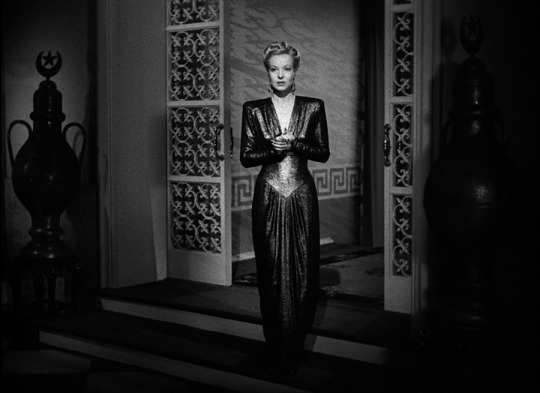

With enemy secrets hidden in a cake and the shoulders of a suit, the 1944 adaptation of Graham Greene’s MINISTRY OF FEAR would seem to be perfect material for Alfred Hitchcock. Instead, it’s the work of a rather disappointed Fritz Lang. Lang resented working for a producer who had written the screenplay, cutting all of Greene’s moral ambiguities, and wouldn’t let him do any rewrites. Ray Milland stars as a man recently released from a mental hospital who stumbles on a spy ring in an idyllic British village, where he accidentally wins a cake containing military secrets at the local charity fete. The film plays with appearances throughout. You don’t learn Milland was in an asylum until after he’s bid a cordial farewell to the man in charge. As the action progresses, little is what it appears to be, creating another Langian image of the dark city. Whereas in MAN HUNT (1941) Nazi thugs lurked around every corner, in MINISTRY OF FEAR sophisticated Nazi agents have infiltrated the upper echelons of society and even the Ministry of Home Security. The long silent patches in the film are very powerful, with Lang and cinematographer Henry Sharp creating powerful images of paranoia and Milland doing good physical work. But the main character has a bad habit of singing his lines the more upset his character, and it wears a little thin here. There are some fascinating supporting characters —Marjorie Reynolds and Carl Esmond as siblings running a charity to help refugees; Dan Duryea, Hillary Brooke and Alan Napier as sleek upper-class enemy agents; Erskine Sanford as a private detective — but most of them don’t have enough to do. Percy Waram is particularly fun as a lurking figure who turns out to be a Scotland Yard inspector, winning the war through dogged persistence and impeccable manners.
0 notes
Photo
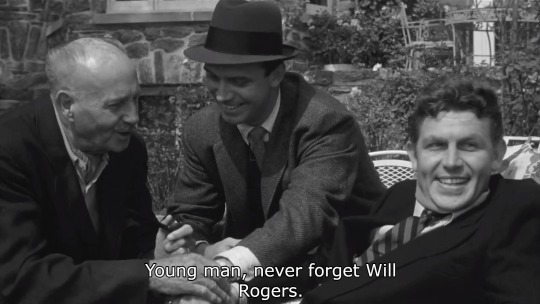
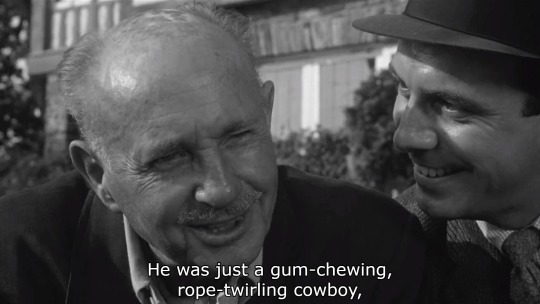

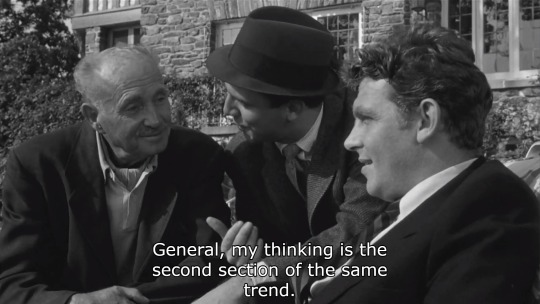



A Face in the Crowd(1957)
#film#a face in the crowd#1957#andy griffith#percy waram#anthony franciosa#elia kazan#budd schulberg#will rogers#50s#old hollywood#vintage#...
8 notes
·
View notes
Photo
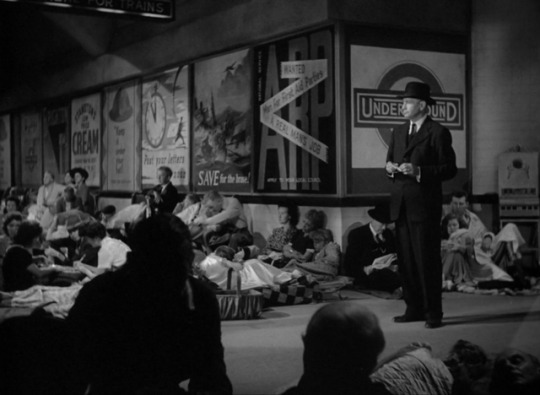

Ministry of Fear | Fritz Lang | 1944
Percy Waram, Ray Milland, Marjorie Reynolds, et al.
52 notes
·
View notes
Photo
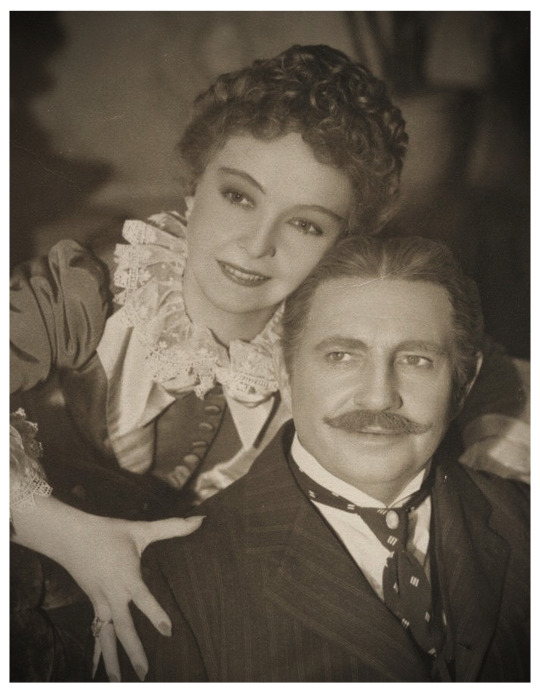
Lillian Gish and Percy Waram - Life With Father - Photo Maurice Seymour
6 notes
·
View notes
Photo

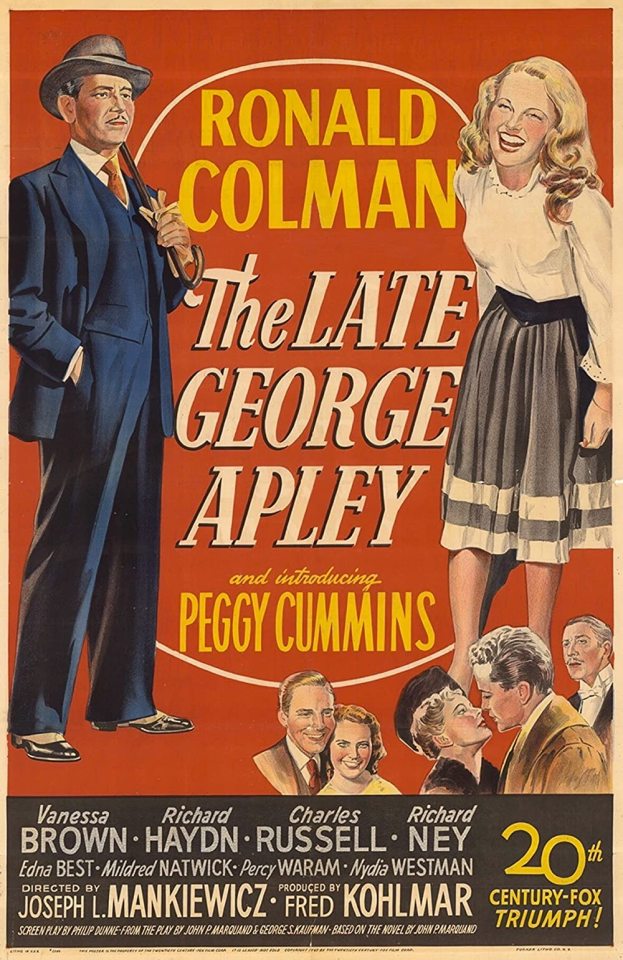
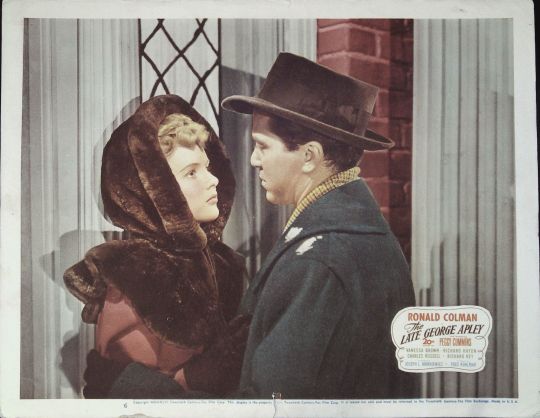

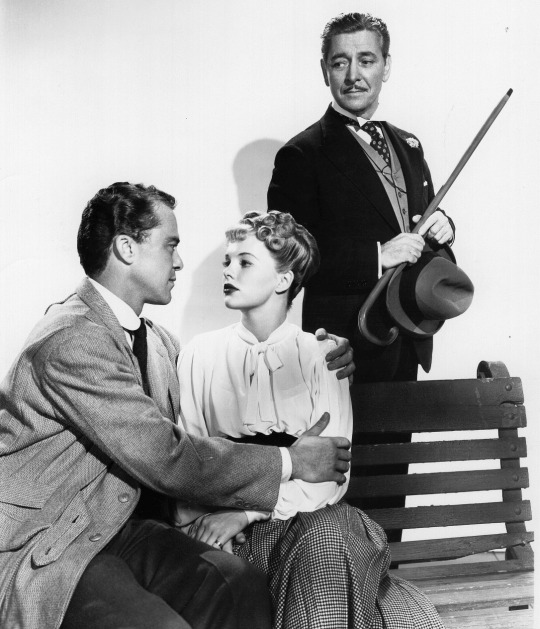
The Late George Apley (1947) Joseph L. Mankiewicz
January 29th 2022
#the late george apley#1947#joseph l. mankiewicz#ronald colman#peggy cummins#vanessa brown#edna best#percy waram#richard haydn#richard ney#charles russell#mildred natwick
5 notes
·
View notes